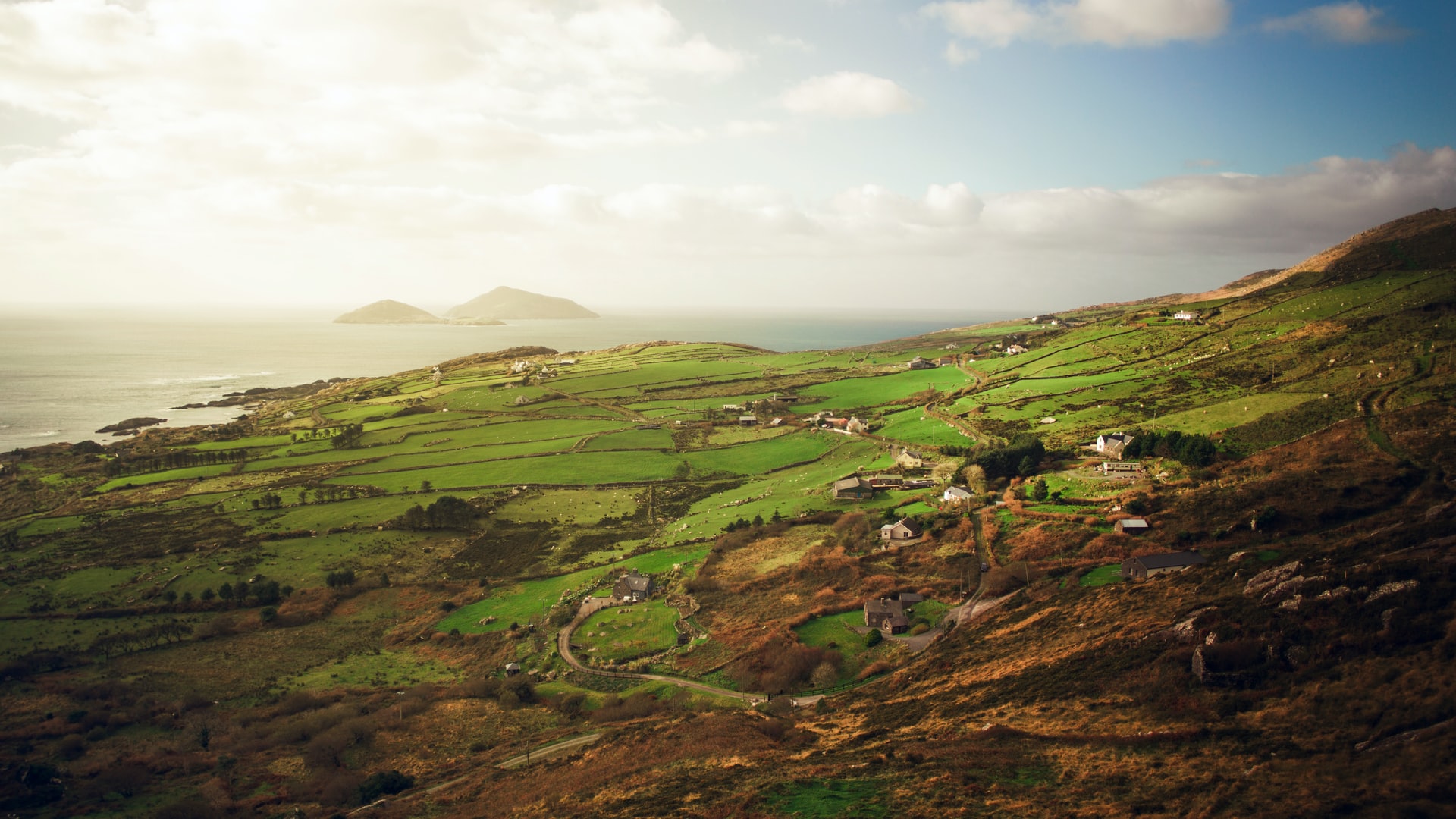How Ireland’s electricity industry can still reach its 2030 climate targets

A new report by Wind Energy Ireland is urging the Government to increase onshore and solar power projects and reduce its dependence on fossil fuels. The study believes Ireland can reach its 2030 climate targets with a complete transformation of the national planning system and grid policies.
Published by Wind Energy Ireland and produced in partnership with Baringa energy consultants and TNEI, the report ‘Bridging the Gap: Towards a zero-carbon power grid’ is a detailed assessment of the national electricity system and its associated carbon budget.
The report suggests that we can maintain power industry emissions between now and 2030, but only if current energy system plans for Ireland are accelerated and enhanced. The figure of 66million tonnes of emissions recorded in the report is the best scenario for the electricity sector unless the Government intends to invest and deliver new grid infrastructure by 2030.
Wind Energy Ireland also explains that coal and peat-based electricity need to end quickly, and significant volumes of offshore need to integrate before 2028. Noel Cunniffee believes that reaching our 2030 targets and reducing carbon emissions by 51% is still possible but requires accelerated action. Cunniffe believes the electricity grid in Ireland is predominantly an outdated, predominantly fossil-fuel-focused economy that requires considerable improvement.
According to Wind Energy Ireland, wind energy in the nation is creating a saving that is double the carbon emissions saved from all renewable energy technologies combined. Cunniffe believes there has been progressing, but current plans and targets need improving and fail to address the action that needs to happen. Cunniffe points to how it has been over three years since the Oireachtas declared that Ireland was facing a climate and biodiversity emergency. He believes we now need to take this statement seriously and implement decisive measures.
Some of the main priorities emphasised in the report include increasing the delivery of onshore wind and solar, replacing fossil-fuel-focused systems with zero-carbon technologies, and reducing electricity demands when supply levels are under pressure.
Earlier this week, electricity major Energia confirmed that it is committed to reducing the carbon intensity of its electricity generation by 50% by 2030. Energia also intends to increase onshore renewable electricity generation threefold by 2030 and finalise two offshore wind projects.
Cunniffe believes it is a critical time to take action. Russia’s invasion of Ukraine has resulted in a radical rise in gas and electricity prices across Europe. This disruption has resulted in significant strain on the livelihoods of people nationwide. Implementing the necessary steps to support a domestic energy supply and focusing on renewable energy sources such as offshore wind can generate added security and make energy prices for customers across Ireland far more competitive than they stand today.